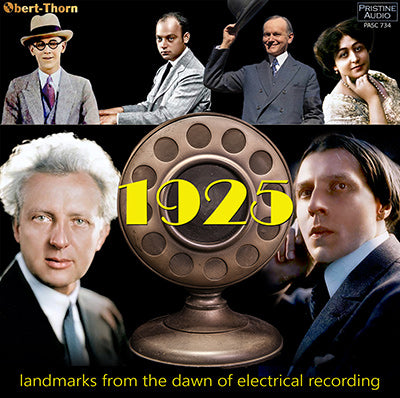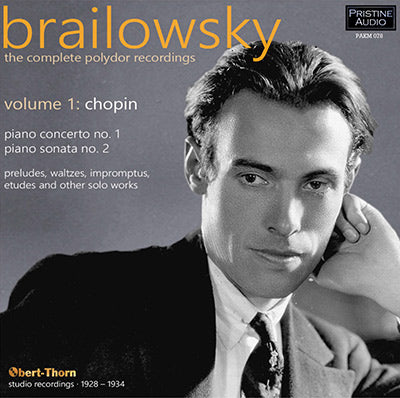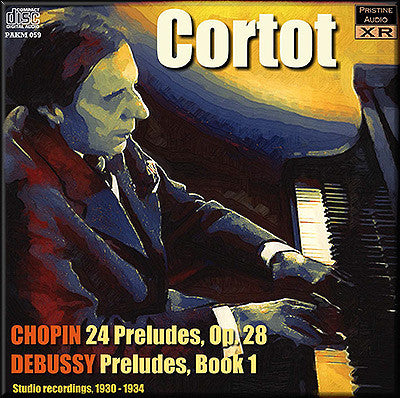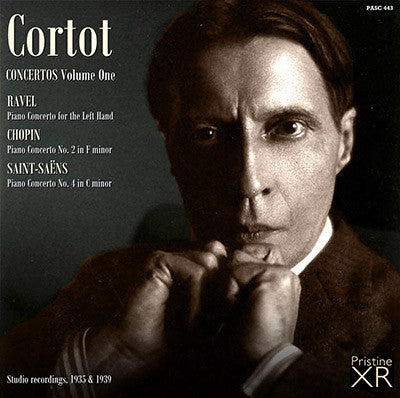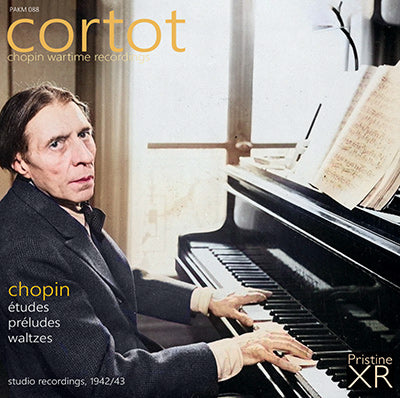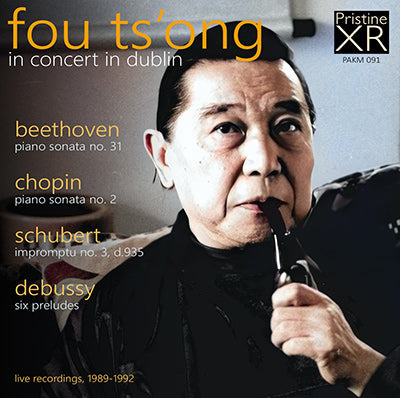Chopin
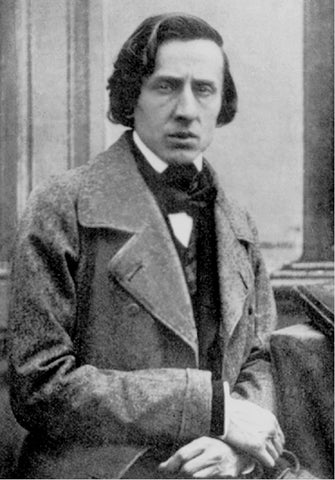
At 21 he settled in Paris. Thereafter, during the last 18 years of his life, he gave only some 30 public performances, preferring the more intimate atmosphere of the salon. He supported himself by selling his compositions and by teaching piano, for which he was in high demand. Chopin formed a friendship with Franz Liszt and was admired by many of his musical contemporaries, including Robert Schumann. In 1835 he obtained French citizenship. After a failed engagement to Maria Wodzińska from 1836 to 1837, he maintained an often troubled relationship with the French woman writer George Sand. A brief and unhappy visit to Majorca with Sand in 1838–39 was one of his most productive periods of composition. In his last years, he was financially supported by his admirer Jane Stirling, who also arranged for him to visit Scotland in 1848. Through most of his life, Chopin suffered from poor health. He died in Paris in 1849, at the age of 39, probably of tuberculosis.
All of Chopin's compositions include the piano. Most are for solo piano, though he also wrote two piano concertos, a few chamber pieces, and some songs to Polish lyrics. His keyboard style is highly individual and often technically demanding; his own performances were noted for their nuance and sensitivity. Chopin invented the concept of the instrumental ballade. His major piano works also include mazurkas, waltzes, nocturnes, polonaises, études, impromptus, scherzos, preludes and sonatas, some published only after his death. Influences on his composition style include Polish folk music, the classical tradition of J. S. Bach, Mozart and Schubert, the music of all of whom he admired, as well as the Paris salons where he was a frequent guest. His innovations in style, musical form, and harmony, and his association of music with nationalism, were influential throughout and after the late Romantic period.
Chopin's music, his status as one of music's earliest superstars, his association (if only indirect) with political insurrection, his love life and his early death have made him a leading symbol of the Romantic era in the public consciousness. His works remain popular, and he has been the subject of numerous films and biographies of varying degrees of historical accuracy.

Chopin
TCHAIKOVSKY Symphony No. 4
SAINT-SAËNS Danse Macabre
BIZET Petite Suite
Music by Chopin, Meyerbeer, Mascagni, Schubert & many more
Studio and Live Recordings, 1920 - 1925
Total duration: 2hr 20:22
Alfred Cortot
Jesse Crawford
Giuseppe De Luca
Art Gillham
Mischa Levitzky
Margarete Matzenauer
Landon Ronald
Leopold Stokowski
and many more
CHOPIN Piano Concerto No. 1
CHOPIN Piano Sonata No. 2
CHOPIN Preludes, Waltzes, Impromptus, Etudes & other solo works
Studio recordings, 1928-1934
Total duration: 2hr 15:52
Alexander Brailowsky, piano
Berlin Philharmonic Orchestra
conducted by Julius Prüwer
CHOPIN 24 Preludes, Op. 28
DEBUSSY Preludes, Book 1
Recorded between 1930 and 1934
Total duration: 67:31
RAVEL Piano Concerto for the Left Hand
SAINT-SAËNS Piano Concerto No. 4
Studio recordings, 1935 & 1939
Total duration: 71:43
Orchestre de la Société des Concerts du Conservatoire
Unnamed Orchestras
Charles Munch, conductor
John Barbirolli, conductor
CHOPIN 24 Études, Opp. 10 & 25
CHOPIN 24 Preludes, Op. 28
CHOPIN 14 Waltzes
Studio recordings, 1942 & 1943
Total duration: 2hr 10:41
Alfred Cortot, piano
BEETHOVEN Piano Sonata No. 31
CHOPIN Piano Sonata No. 2
SCHUBERT Impromptu No. 3
DEBUSSY Six Preludes
Live digital recordings, 1989-1992
Total duration: 78:59
Fou Ts'ong, piano
-
Previous
- Page 1 of 6
- Next

